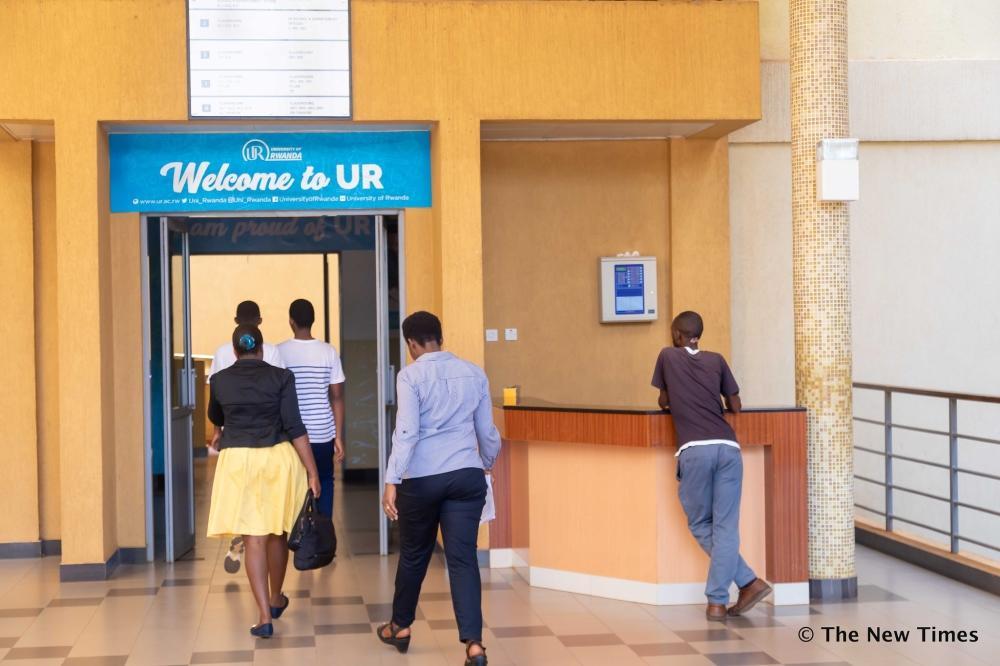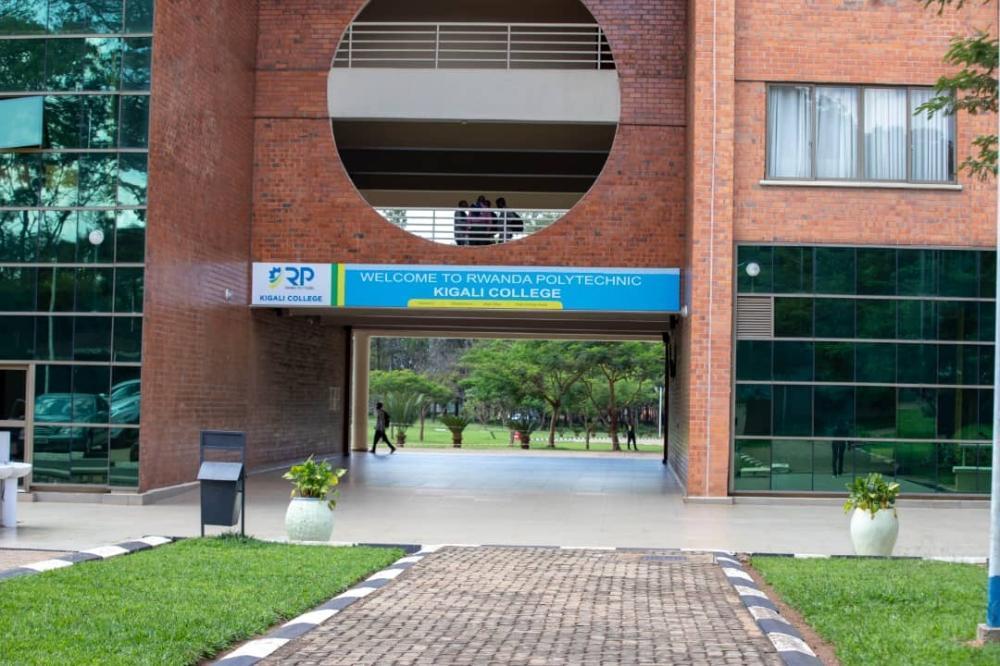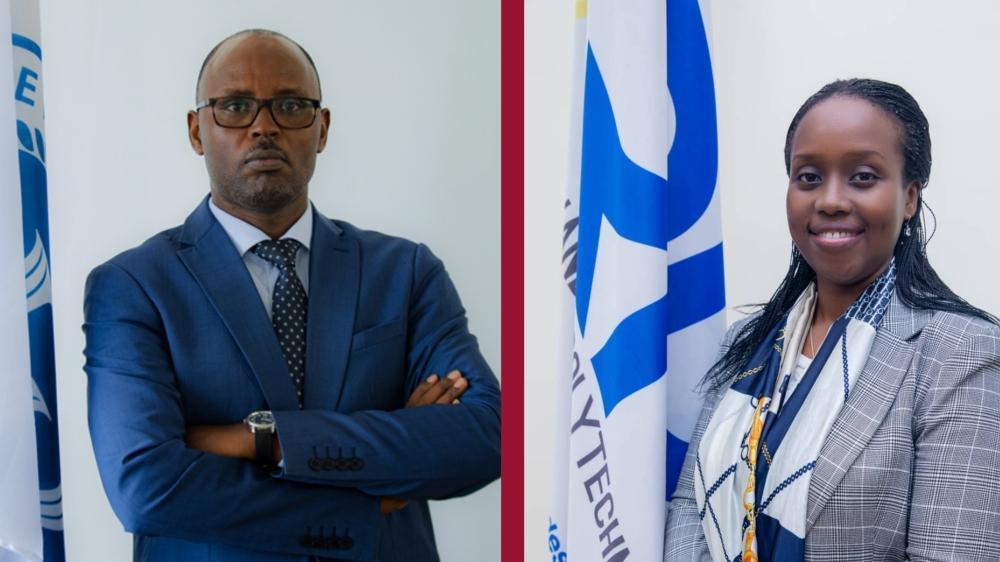Africa-Press – Rwanda. The University of Rwanda (UR) and Rwanda Polytechnic (RP) have welcomed a new special statute that grants public institutions of higher learning greater autonomy in managing their human resources. Published in the Official Gazette on June 3, the statute, which separates these institutions from the general public service employment framework, is expected to significantly improve the efficiency of recruitment and staff promotion.
Unlike the previous system that required institutions to follow the general statute for public servants, the new framework allows higher learning institutions to independently recruit staff through open competition, nomination, or direct appointment. This shift will help attract qualified professionals more quickly and address long-standing staffing challenges affecting the two public institutions, according to their leaders.
Dr Sylvie Mucyo, Vice Chancellor of Rwanda Polytechnic, emphasised the importance of this change, especially in technical and vocational education, where specialised skills are essential.
“We previously had no special statute and were following the general one, which made it difficult to recruit the right staff,” Mucyo said. “As Rwanda Polytechnic focuses on technical and vocational training, it has been a challenge to attract candidates with specific expertise. With this new statute, it will be much easier.”
Associate Professor Didas Kayihura Muganga, Vice Chancellor of the University of Rwanda, also praised the new statute for clarifying and streamlining the process of staff promotion.
Assoc Prof Didas Kayihura Muganga, Vice Chancellor of the University of Rwanda, and Dr Sylvie Mucyo, Vice Chancellor of Rwanda Polytechnic
“Recruitment and promotion will now follow a unique system tailored to the university context,” he said. “Previously, promotions were guided by the general statute, which often led to mismatches. Now, promotion criteria are clearly defined for academic, research, and support staff.
The UR and RP also have new organisational structures.
Under the new law, staff members are entitled to vertical promotion based on performance and eligibility as outlined in the institution’s internal policy. Once they reach the top of their vertical rank, they become eligible for horizontal promotion, providing clear career progression paths.
The statute is expected to be fully implemented within two years. The officials said the new changes will improve staff motivation, retention and the overall quality of education.
For More News And Analysis About Rwanda Follow Africa-Press








